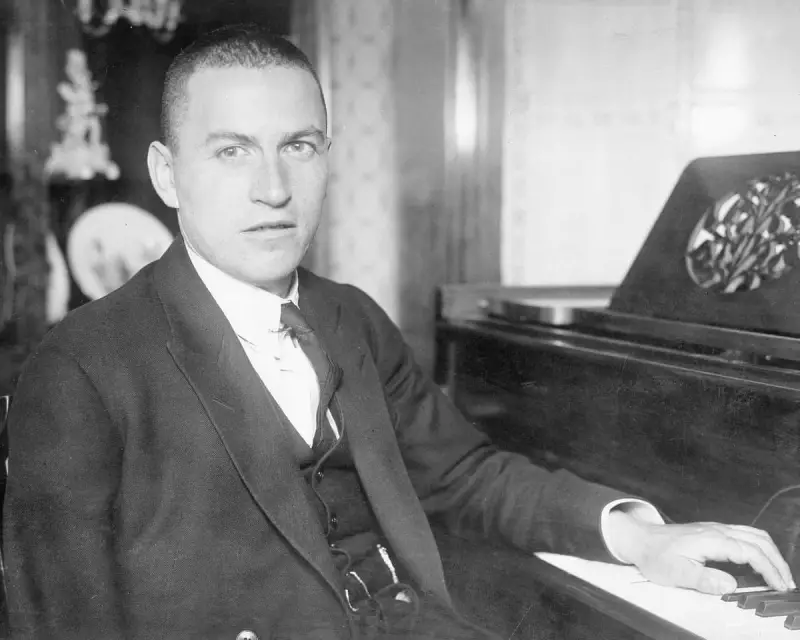
In the annals of classical music, few stories are as extraordinary as that of Cyril Smith, the British pianist who captivated audiences with his breathtaking performances—despite playing with just one hand. Born in 1909, Smith's career was tragically altered in 1956 when a stroke paralysed his right side. Yet, rather than retreat from the stage, he reinvented himself, mastering a repertoire tailored for his left hand alone.
A Triumph Over Adversity
Smith’s determination to continue performing after his stroke was nothing short of heroic. Collaborating with composers such as Benjamin Britten and Sir Arthur Bliss, he championed works written specifically for one-handed pianists. His perseverance not only revived his career but also expanded the classical canon, inspiring new compositions for musicians with similar challenges.
Legacy of Resilience
Beyond his technical brilliance, Smith’s legacy lies in his unyielding spirit. He proved that physical limitations need not define artistic potential, becoming a symbol of resilience in postwar Britain. Today, his recordings remain a testament to his genius, while his story continues to motivate aspiring musicians facing their own obstacles.
The Power of Adaptation
Smith’s journey underscores the transformative power of adaptation. By embracing innovation—whether through custom compositions or inventive techniques—he turned adversity into opportunity. His life serves as a poignant reminder that artistry thrives not in spite of challenges, but because of them.





